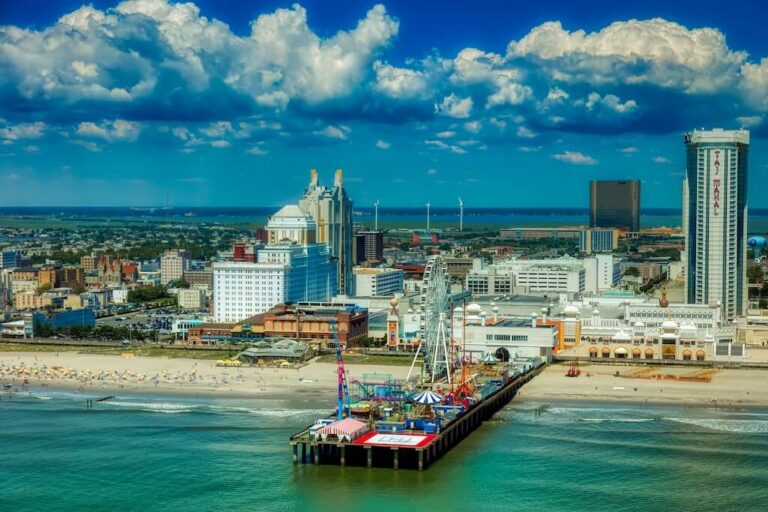
Lawmakers in Trenton are going back and forth about how long the state should keep running Atlantic City. One group wants five more years. Another group wants ten. Whereas, the law that gave the state control back in 2016 is about to expire next year, and now everyone is acting like it is a brand new emergency.
For now, whatever choice is made will impact how the casinos operate and how much money they bring in.
How The State Even Got The Keys
Atlantic City was in a bad place in the late 2000s, stemming up to 2016. About a hundred millions in budget deficit. Bills were stacking up. Five casinos gone in four years, and the local leaders could not agree on a fix. So the state took control and said it was the only way to stop the bleeding and keep what was left of the city alive.
The state also changed how casinos paid taxes with a setup called Payment In Lieu Of Taxes (PILOT). Instead of regular property taxes, the casinos paid based on how much gaming revenue they made from the previous year’s winnings. It gave them stable bills and kept more closures from happening.
Governor Phil Murphy (D) once promised the city would be set free. People liked that idea. Then he changed his mind and extended the takeover to 2026. Now lawmakers are back with fresh bills. State Senator John Burzichelli (D) wants five more years. Senator Vince Polistina (R) wants control until 2036. Both are saying this stability helps the casinos because the industry does not like sudden changes.
Locals On The Ground Are Not Feeling That Stability
Dennis Levinson, the Atlantic County Executive, is walking around the same city and seeing something very different. He spoke about the city’s broken lights and uneven streets. He says if the state wants to be in charge, then it should act like it cares. According to him, the city leaders like himself cannot do much because the state is running the whole show, and that explains why simple fixes never get done.
But he admits the casinos themselves look great. Big shows. Good food. A lot of life inside the buildings. The problem is everything around the casinos feels worn out, and that is not good for business because people remember the whole experience and not just the gaming floor. When guests step outside a casino after a show and the walk back feels unsafe, they return less. That does not help the nine casinos that are fighting for every visitor.
And Then The Tax Drama Enters The Chat
The PILOT program is a never-ending debate. Some people like it because it keeps bills predictable. Others hate it because it piles more on regular families who already pay a lot. Because if the casinos’ payments don’t cover what the city needs, the rest has to come from somewhere—usually local residents through higher property taxes or fees.
Although Polistina wants to keep PILOT forever. Levinson says it is unfair and points out other states do fine without punishing locals.
So What Does All This Mean For The Casinos
If the state stays in charge, casinos get steady rules and predictable taxes. But the city can feel run-down, and that can turn visitors off.
If the city gets control back, it can fix streets and lights faster, but casinos lose the stability they rely on. Either way, the city and casinos need each other, and New Jersey’s choice will decide how the next few years feel.





